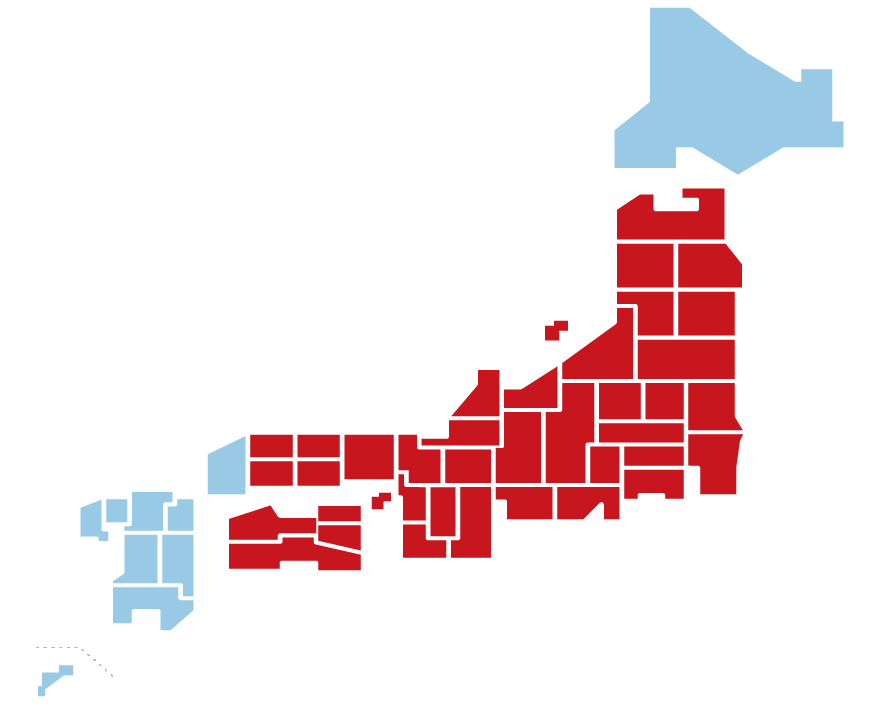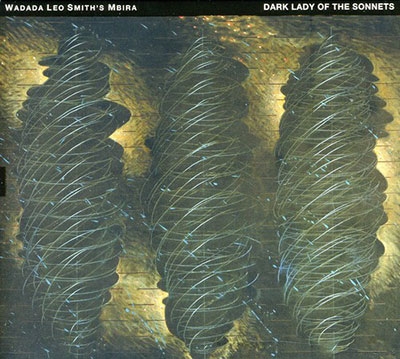|
フォーマット |
CD |
|---|---|
|
構成数 |
1 |
|
国内/輸入 |
輸入 |
|
パッケージ仕様 |
- |
|
発売日 |
2018年01月26日 |
|---|---|
|
規格品番 |
TUMCD023 |
|
レーベル |
|
|
SKU |
6430015289239 |
構成数 | 1枚
合計収録時間 | 00:56:09
Personnel: Min Xiao-Fen (vocals, pipa); Wadada Leo Smith (trumpet, flugelhorn); Pheeroan akLaff (drums). Audio Mixers: Esa Santonen; Henrik Otto Donner; Janne Malen. Liner Note Author: Wadada Leo Smith. Recording information: SoundTeam Godzinsky Studio, Kirkonummi, Finland (01/24/2007-01/25/2007). Photographers: Jukka Mykkanen; Petri Haussila; Jori Gronroos. Since the turn of the century, composer and multi-instrumentalist Wadada Leo Smith has been prolific as a recording artist, and has actively led three groups -- the Golden Quartet, Organic, and the Silver Orchestra. Based on Dark Lady of the Sonnets, here he leads a fourth band, Mbira, a trio named for the African "thumb piano." (Interestingly, no such instrument appears here.) It's Smith on trumpet and flugelhorn, drummer Pheeroan ak Laff, and renowned pipa player Min Xiao-Fen. The pipa is a Chinese lute-like instrument, used in the country's traditional music for centuries. Min has expanded that profile on recordings by Jon Jang, John Zorn, Ned Rothenberg, Randy Weston, and avant-garde composer Tan Dun. There are five pieces on Dark Lady of the Sonnets. Its shortest number is over six minutes and the lengthiest over 16, all works of nearly sublime avant-garde jazz. It commences with the gorgeous, elegiac "Sarah Bell Wallace," named for Smith's late mother. Min plays solo to introduce it (and one could reasonably argue she establishes the instrument's true place in this group here). There is an otherworldly blues-like quality, though she employs a range of textures, from quickly strummed chords to single-string runs. Ak Laff enters on tom-toms next, and finally Smith comes in, playing a lonely, elongated flugelhorn melody that gives way, eventually, to more spirited improvisation without losing sight of the original harmonic syntax. The other four pieces allow for the expression of a wide spectrum of moods, dynamics, and dialogue exchanges. "Blues: Cosmic Beauty" opens with Smith and ak Laff engaged in a seemingly midtempo duet until Min enters and starts pushing at the tune, balancing improvisation and space. "Zulu Water Festival" begins in brief spurts with a pronounced melody articulated by Smith's trumpet and Min's pipa. Ak Laff hangs in the background, playing mainly accents until a tension is established inside a complex yet lovely melodic compositional frame, he then shifts to his cymbals, kick drum, and snare to guide the rhythm like a dancer. The title track is the most spacious thing here. Min uses her voice to sing a poem written by Smith. It is very spatial, and minimal throughout. "Mbira" closes this set, and is the most intense thing here. It too begins skeletally, but quickly picks up and becomes a force of nature. Min's voice makes guttural, moaning, and swooping sounds, creating a fourth voice and another level of tension; it's reflected and articulated by the rest of the ensemble. It eventually gains momentum and finishes in a fiery wail of emotion amid exploding tonalities. Dark Lady of the Sonnets proves that at 70, Smith has an entire world of sound at his disposal and continues, in a uniquely creative language, to display it seemingly at will. ~ Thom Jurek
-
1.[CD]
-
1.Sarah Bell Wallace
-
2.Blues: Cosmic Beauty
-
3.Zulu Water Festival
-
4.Dark Lady of the Sonnets
-
5.Mbira
-
欲しい物リストに追加

コレクションに追加
サマリー/統計情報
 セブン-イレブン受け取り
セブン-イレブン受け取り
お早めのご注文で発売日前日にお届けいたします
山口県・四国・九州・沖縄県
フラゲ注文受付期間は地域によって異なります。
お住まいの地域をご確認ください。

発売日前日
にお届けします発売日当日
にお届けしますフラゲ注文受付期間は地域によって異なります。
お住まいの地域をご確認ください。

